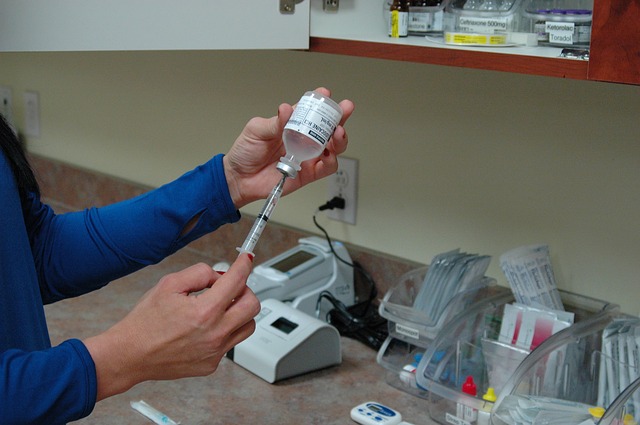Indian-origin team develops test to spot corona infection in 2 hrs

Image For Representation (Image by Jason Taix from Pixabay)
Image For Representation (Image by <a href="https://pixabay.com/users/jaytaix-439463/?utm_source=link-attribution&utm_medium=referral&utm_campaign=image&utm_content=527622">Jason Taix</a> from <a href="https://pixabay.com/?utm_source=link-attribution&utm_medium=referral&utm_campaign=image&utm_content=527622">Pixabay</a>)
New York: An Indian-origin team of researchers led by Dr Ravindra Kolhe from Georgia-based Augusta University has developed a novel, accurate coronavirus test that can tell patients in if they are infected within about two hours, instead of waiting typically days to hear from remote testing facilities.
The team at the Georgia Esoteric and Molecular (GEM) laboratory at the Medical College of Georgia’s Department of Pathology, Augusta University, said the lab would also like to test samples from outside the immediate area when requested, but those details are still being worked out.
At the moment, the test is for patients whose samples are taken at the Augusta University’s Health System.
“We want patients and physicians in our community to have timely access to information that will ultimately benefit us all by helping limit spread of the virus,” said Kolhe, director of the Lab and vice chair for translational research in the MCG Department of Pathology.
“More rapid identification of individuals who are infected will help ensure they get help as needed and that the risk of exposure to others is significantly reduced,” Kolhe added.
The GEM Lab team includes Dr Ashis Mondal, lab supervisor; Kimya Jones, lab manager; research associates Sudha Ananth and Yasmeen Jilani; postdocs Drs. Pankaj Ahluwalia, Nikhil Sahajpal and Meenakshi Ahluwalia; and molecular pathology fellow Dr. Allan Njau.
“We completed our COVID-19 assay validation on Sunday and immediately submitted the documentation to the FDA for their approval,” said Kolhe.
“This was a nonstop 90-hour effort by the phenomenal team in the GEM lab to develop this test, but we all felt a commitment to our community to make this test available here,” he added.
While Food and Drug Administration approval is pending for the new test, the FDA released new guidance this week that its approval is no longer required for COVID-19 testing in a CLIA-certified laboratory like the GEM Lab.
“As we have all seen in the news, identifying individuals infected with this virus within a few hours and initiating the quarantine protocol can have a huge impact on infection spread and potentially patient outcomes,” Kolhe informed.
“We are now running tests around the clock”.
To quickly meet demand, the GEM Lab team is now working around the clock to increase their testing capacity, which started at 72 tests in a 24-hour period and which they want to expand to 500 in coming weeks.
The new test, which works on the Luminex ARIES laboratory platform, is based on modified testing recommendations from the Centers for Disease Control and Prevention (CDC), and focuses on two unique genetic markers for the virulent virus.
“For testing, we are looking at a conserved region that is unique for coronavirus 2019, has not been changed in this virus and is fundamental to its survival,” informed Kolhe.
The two genetic markers, N1 and N3 are DNA sequences that are distinctive points of variation that can be used to identify a human or a disease.
“The biggest game changer in this is the turnaround time for patients because we are able to provide the test locally,” said Kolhe.
“We want to identify patients with a high viral load and who can spread the virus rapidly,” he added.
Until now, a patient sample from the Augusta area would be taken, put on a plane to a reference lab, where it may take three to four hours to process.
“The GEM Lab team has worked 24/7 to complete validation and implementation in absolutely record time,” said Dr Amyn Rojiani, chair of the MCG Department of Pathology.
IANS





